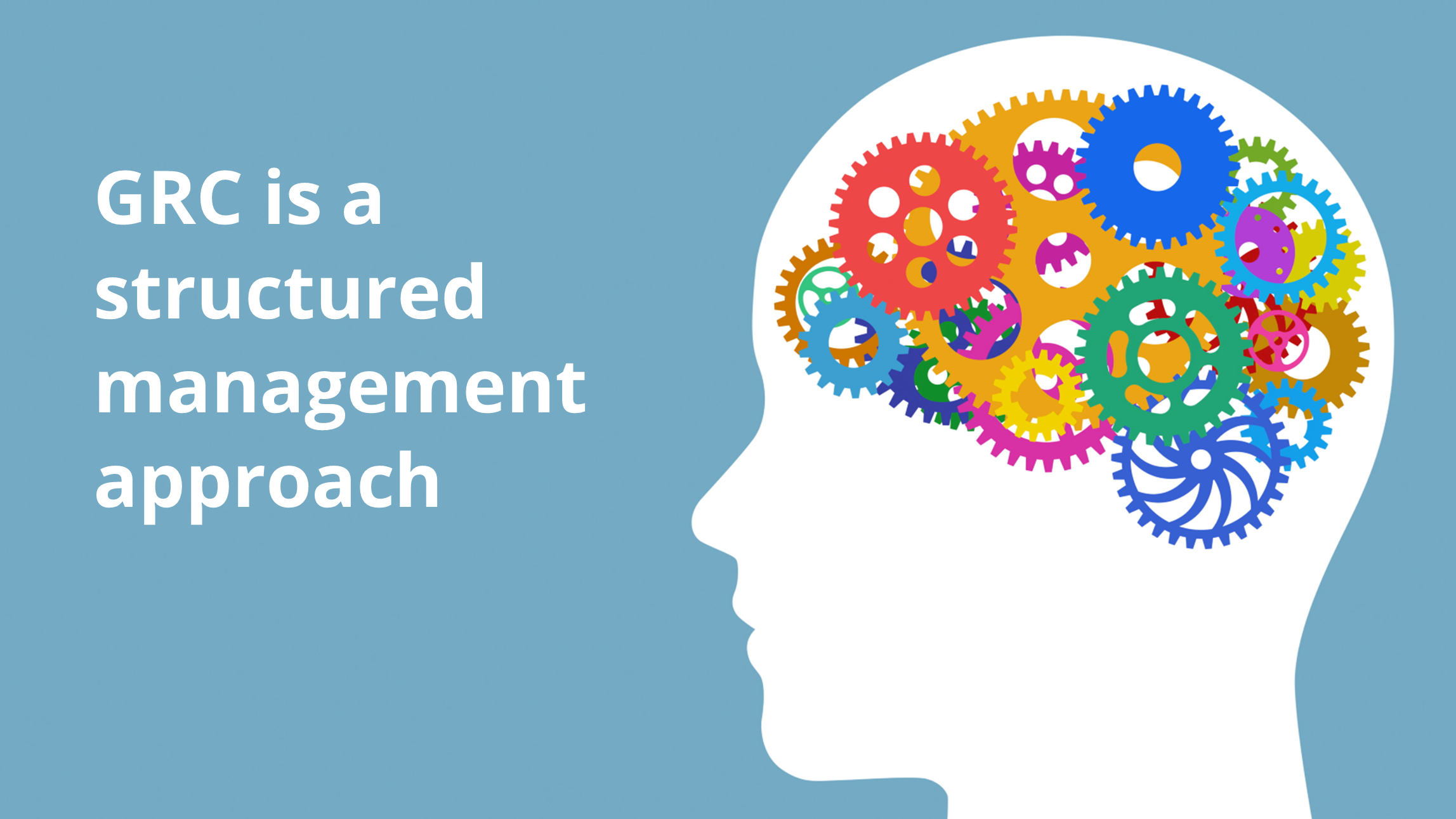Plan Management
While some employers stagnate and falter, others progress, innovate, and prosper.
Resilient employee benefit plan management makes a difference.
Video
Administration and Governance
The factors that cause unfavorable regulatory audits of employee benefit plans are predictable and can appear in any administration model.
These articles provide governing boards, employee benefit plan committees, and human resources executives with a collection of best practices for fiduciary committee composition, governance procedures, sustainability, and purpose that will help them stay under their risk tolerance threshold.
4D Framework
This governance, risk management, and compliance (“GRC”) model is a state-of-the-art framework for employee benefit plan management. At its core are the fiduciary disciplines of governance, administration, investments, and controls, enabling conformance to fiduciary standards of care.
GRC is not a technology. Instead, it is a set of practices and processes that provide a structured approach to aligning employee benefit plan management with the governing body’s or the plan committee’s risk tolerance and opportunities objectives.
Because failure to analyze third-party risks exposes an employee benefit plan’s supply chain to assaults, data breaches, and reputational harm, third-party risk management (“TPRM”) is a crucial skill set. A fragmentation of some vendors’ operations into downstream players’ hands now makes TPRM more challenging than ever.
Although H&W benefit plans share the same fiduciary duties that give rise to retirement plan litigation, there hasn’t been the same level of extensive H&W lawsuits against employers. As a result, fiduciary governance for H&W plans is typically less formal than it is for retirement plans.
Formal policies contribute to the effective management, governance, and oversight of
employee benefit plans, helping to ensure that they operate in the best interests of participants while adhering to regulatory requirements.
Employee benefit plan committees can become obsolete and ineffective when they fail to adapt to changing circumstances. Moreover, outdated committees may lack the knowledge and skills to leverage technology effectively, leading to inefficiencies and poor participant experiences.
Would you like to learn more about our governance and administration
framework for employee benefit plans?
Cybersecurity for retirement plans falls outside the IT department’s scope in many enterprises. Its essential that a plan’s governance structure closes the gap.
Human resources leaders occupy a critical stewardship role; their maturity in that position is vital to millions of participants and their beneficiaries in 401(k), 403(b), and health and welfare plans.
No matter how the topic of fiduciary service interests you, this article updates the scope of duties the position embraces and presents a perspective you should consider.
Principled Performance is the concept of operations execution and decision-making aligned with a set of ethical principles and values while simultaneously achieving high-performance results.










